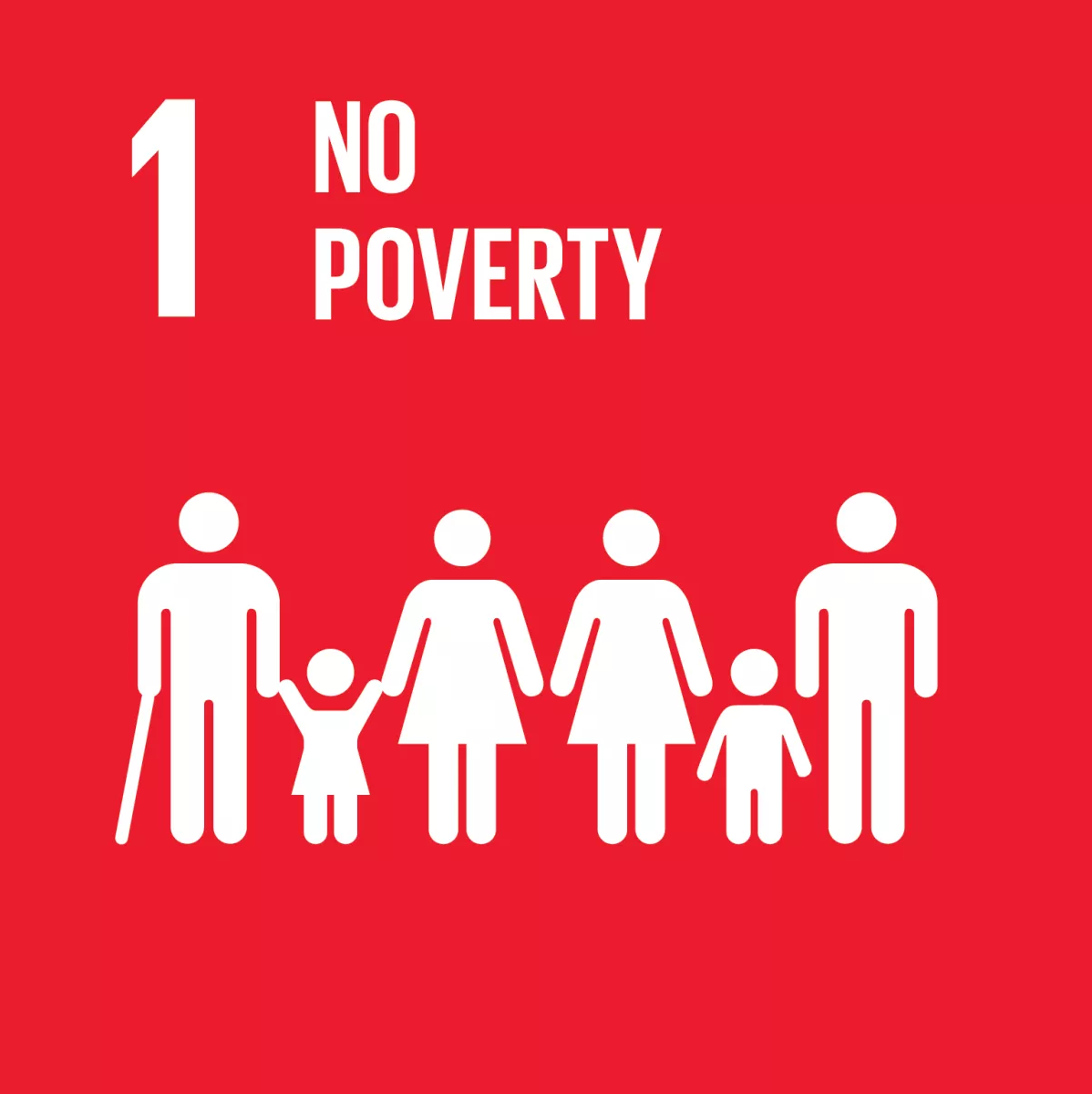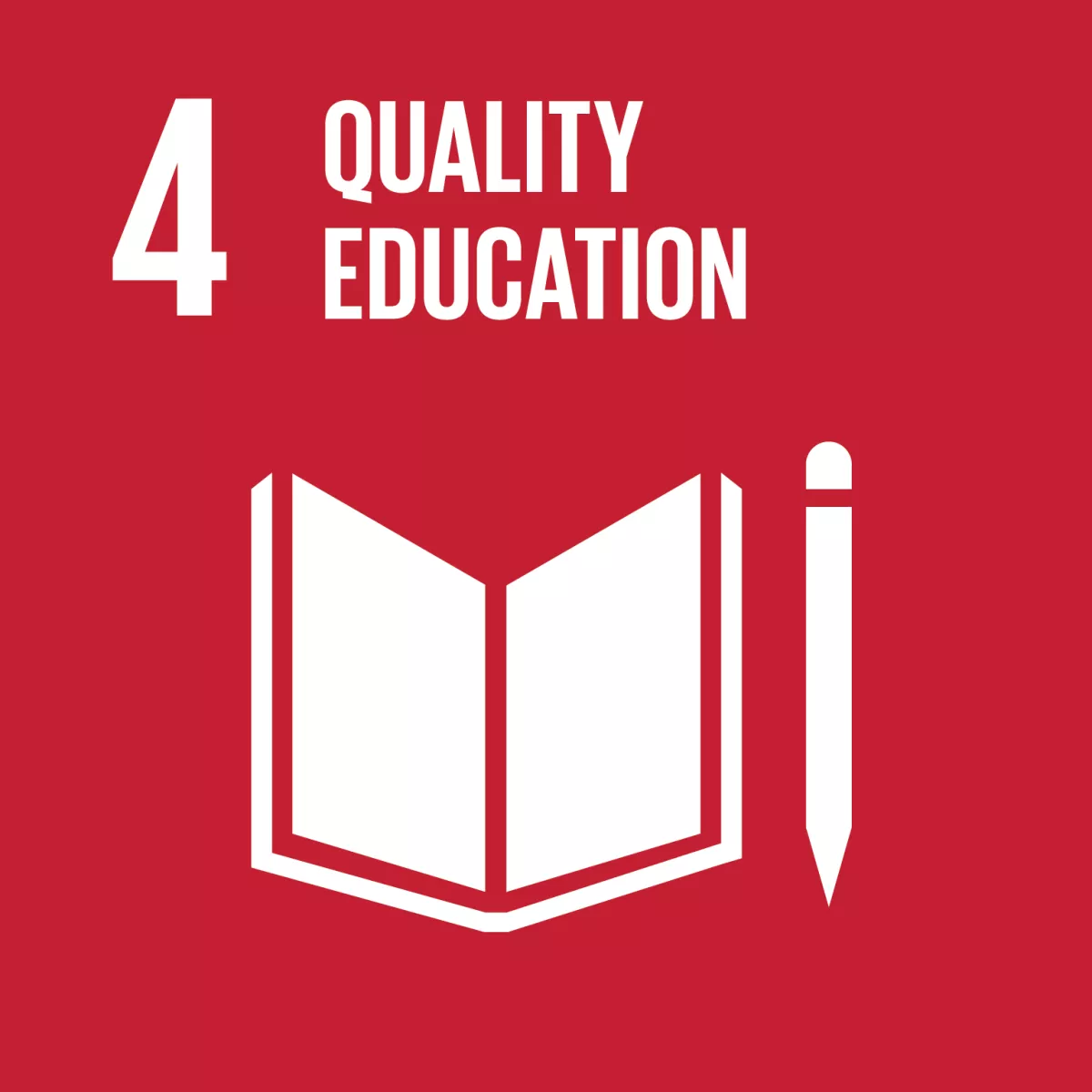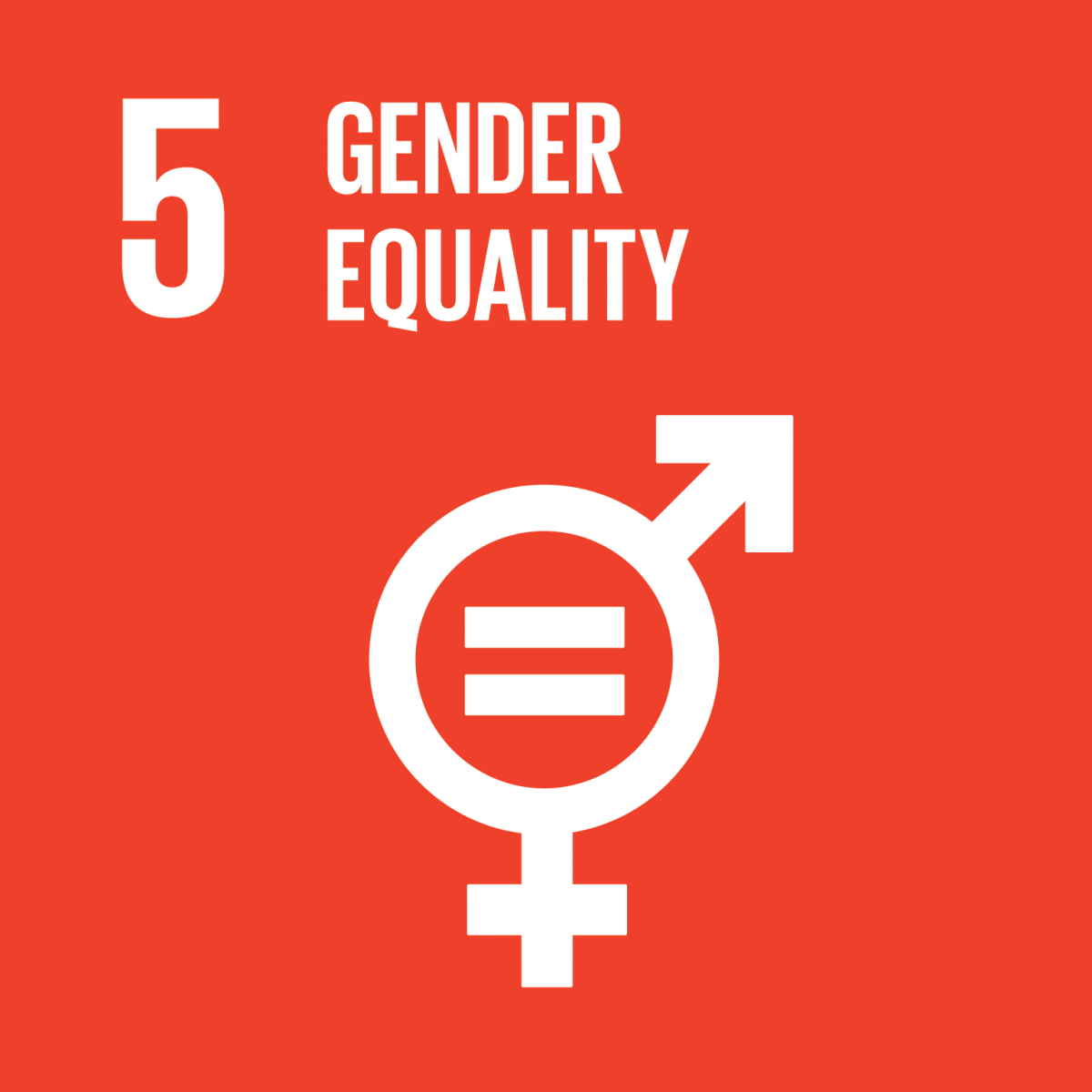Women and girls often experience their lives in slums very differently from men or boys. They are much more exposed to gender-based violence. They face a higher vulnerability to unsafe public spaces and the lack of essential infrastructure, such as sanitation facilities. Even the basic need of using the toilet, could cause serious danger for a woman or a girl.
Moreover, women often have less power to ensure their rights are upheld, even though it is often the women who are the main bread-winners of the family, while also taking care of the housework and attending to family members. This translates into more fragile livelihoods as women have more difficult access to credit and finance, an unequal position in the labour market and a limited ability to secure assets independently from male relatives. Poverty is therefore often feminized. In 89 countries with available data, there are 4.4 million more women then men living on less then US$ 1.90 a day.
In the process of fast urbanisation, it is crucial for cities to provide inclusiveness. Women and girls must be fully integrated into cities’ economic, social, political and cultural lives.
Securing gender equality and human rights falls under these SDGs:
The 2030 Agenda for Sustainable Development is a plan of action for people, planet and prosperity. All countries and stakeholders, acting in collaborative partnership, are starting to implement this plan. The 17 Sustainable Development Goals (SDGs) and 169 targets demonstrate the scale and ambition of this Agenda, which balance the three dimensions of sustainable development: economic, social and environmental.
To fight gender inequality, PSUP takes action. We promote women’s participation in processes of slum upgrading. At least 40 per cent of a local country team is comprised of women and half of our community-based projects are implemented by women. Our work has also established gender focal points in 35 countries. They ensure a gender-responsive approach in all our activities. Furthermore, councils and communities of PSUP participant countries are frequently trained on the participatory process, focusing on gender and youth in the city. This raises locals’ awareness on the topic and helps to break out of the current gender-biased status quo.
A women’s community project for the collection and recycling of waste in Bissighin, Ouagadougou, Burkina Faso: To empower women and girls in the slums of Bissighin and improve their living conditions, a female garbage collection unit cleans up the gullies and streets of the slums and generates an income for the community.




